Hong Kong police fire tear gas at pro-democracy protesters during clashes on Aug. 14, 2019.THOMAS PETER/Reuters
Foreign Affairs Minister Chrystia Freeland says she is closely watching the “turbulent” situation in Hong Kong as critics urge the federal government to take a more assertive role, calling on Ottawa to dispatch political leaders and more diplomats to the city as months of protests continue.
Ms. Freeland said the 300,000 Canadian citizens in Hong Kong are a priority for Ottawa. She urged Canadians living or travelling to the area to follow the government’s travel advisory, updated Wednesday, to exercise a high degree of caution “due to ongoing large-scale demonstrations.” The Canadian consulate in Hong Kong is also available to citizens, she added.
“We are there to support Canadians around the world,” Ms. Freeland told reporters Wednesday in Toronto, where she met with German Foreign Minister Heiko Maas.
Asked about China’s Hong Kong office condemning “near-terrorist acts” by protesters at the city’s airport, Ms. Freeland said it’s important for governments to listen carefully to their people.
“When a government doesn’t like the concerns expressed by its people, it can be tempting to label those concerns not [as] an expression of a genuine desire of people, but to label it as something else,” she said. “When it comes to how we try to practise politics in Canada, it’s a mistake to do that.”
Meanwhile, the United States said it was “deeply concerned” at news of Chinese paramilitary police movement near Hong Kong and urged the government of Hong Kong to respect freedom of speech. The U.S. also issued a travel advisory urging caution when visiting the city.
Critics contend that Ottawa has done too little to show support for Canadian citizens living in Hong Kong, and question whether sufficient contingency plans are in place if the continuing demonstrations − which have led to serious injuries, snarled transportation and hundreds of arrests − take an even worse turn.
“What do we do if the Chinese do send in troops?” asked John Higginbotham, who was Canada’s top diplomat in Hong Kong from 1989 to 1994, and helped oversee a major review of Canada’s relations with China in the wake of the Tiananmen crackdown.
What’s needed is “policy planning for worst-case scenarios on the one hand, and trying as much as we can to stop this downward spiral that’s taking place in Hong Kong,” he said.
Opinion: Hong Kong must not take a Tiananmen turn
The unfriendly state of Ottawa’s relations with Beijing should be seen as an opportunity for Canada to shift back toward the more pro-Hong Kong stand it has adopted in decades past, he said.
The dispute over the arrest in Vancouver of Huawei executive Meng Wanzhou, and the subsequent arrests in China of two Canadians, “is a little bit liberating” for the Trudeau government, Mr. Higginbotham said.
“We were a bit soft-headed in respect [to] dealing with China,” he said. “Yes, we have two kidnapped Canadians in Beijing. But we have hundreds of thousands of Canadians and young people in Hong Kong to whom we have a special responsibility.”
He called for a much more active response from Ottawa, as protesters in Hong Kong push back against influence from Beijing, demanding greater democratic freedoms even as Chinese state media publish videos of militarized equipment and troops gathering near Hong Kong.
Canada should be “looking at possibilities of mediation, or least bearing witness to this tragedy,” he said. “And making clear that – though we certainly don’t want it − that if Hong Kong goes down the tube, we will welcome Canadians … in terms of support.”
He proposed sending a cross-party delegation of Canadian politicians, including Ms. Freeland and opposition leaders, to the city as a signal.
There is precedent for such a visit; in 1991, prime minister Brian Mulroney travelled to Hong Kong for five days. “My visit to Hong Kong was crucial,” he wrote in his memoirs. “With China set to assume control in 1997, it was vital that Beijing be sent a signal that the course they could follow in the former British colony when it came to human rights was a real concern to the West.”
But those in Canada’s Official Opposition say they have been frustrated at their attempts to work with the Liberal government on Hong Kong.
On June 14, Conservative foreign-affairs critic Erin O’Toole sent a letter to Ms. Freeland asking for a meeting to discuss Canada’s obligations and contingency plans in the city.
“Canada holds paramount responsibility for these 300,000 citizens and must be prepared to support them in the event of serious civil unrest in Hong Kong or of the imposition of martial law,” he wrote. “Depending on what happens in Hong Kong, our citizens might even require evacuation assistance.”
Some of the city’s young protesters, including student leaders, hold Canadian passports, Mr. O’Toole noted in an interview. Canada, he said, could augment its diplomatic presence in the city with additional consular staff and lawyers available to help people arrested, particularly in case of a more muscular response from mainland China.
“Canada is invested in that place in our people, in our blood and our treasure,” Mr. O’Toole said in an interview. “Is there any plan by the Trudeau government? I don’t see one.”
Other countries, including Britain, have sent diplomats to the airport in Hong Kong to assist travellers during several days of protest that have resulted in hundreds of cancelled flights. Canada also had consular officers at the airport, federal officials said, although details were scarce.
In a written response to The Globe and Mail, Global Affairs Canada did not answer questions about Mr. O’Toole’s letter, nor did it respond to a request for information on any increased Canadian presence in the city.
“We stand ready to provide consular assistance to Canadians who are in Hong Kong as needed,” said Angela Savard, a Global Affairs spokesperson.
With a report from Reuters
Our Morning Update and Evening Update newsletters are written by Globe editors, giving you a concise summary of the day’s most important headlines. Sign up today.
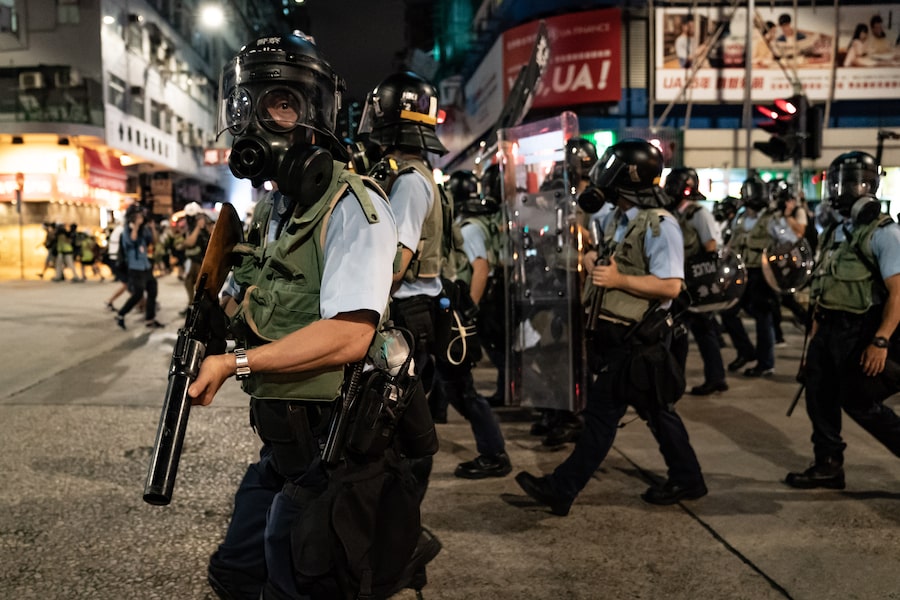
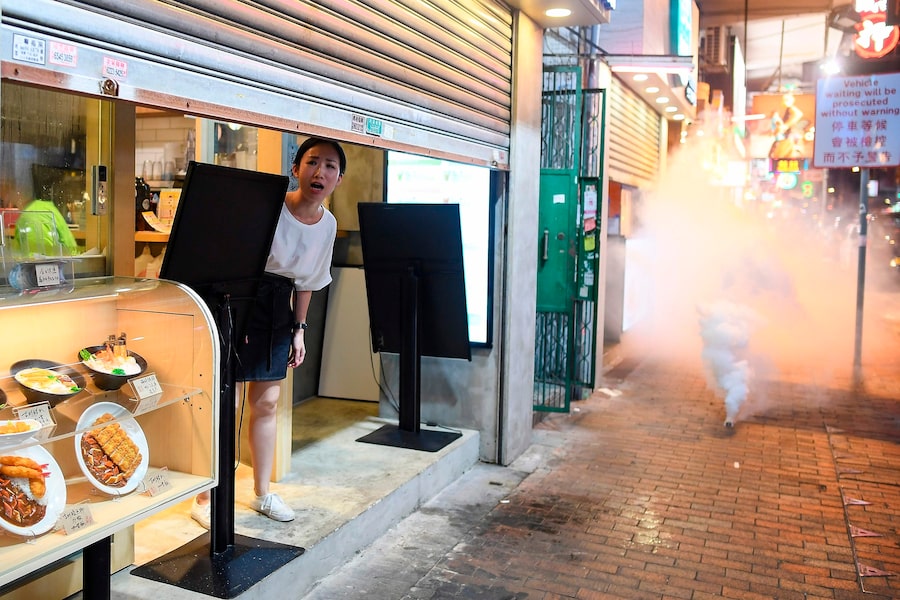
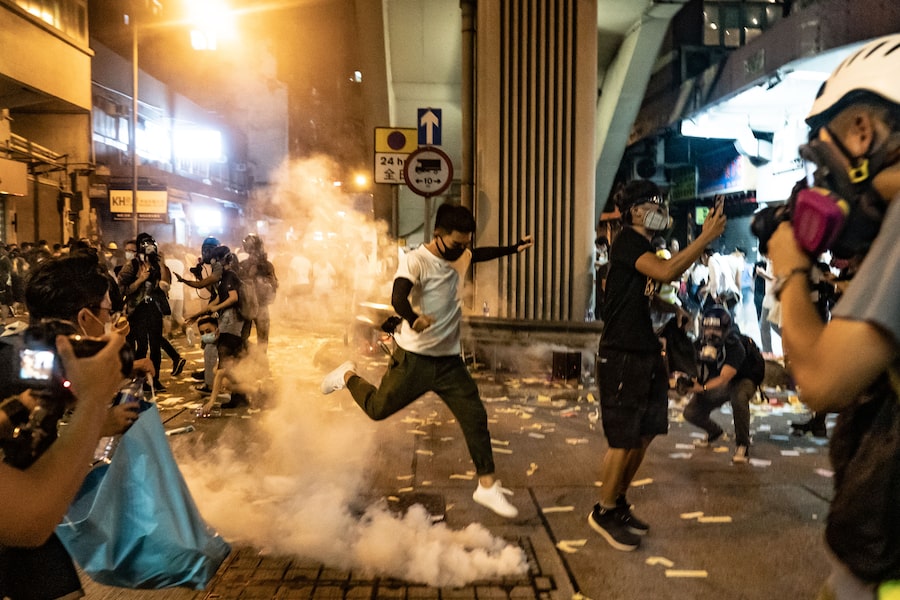
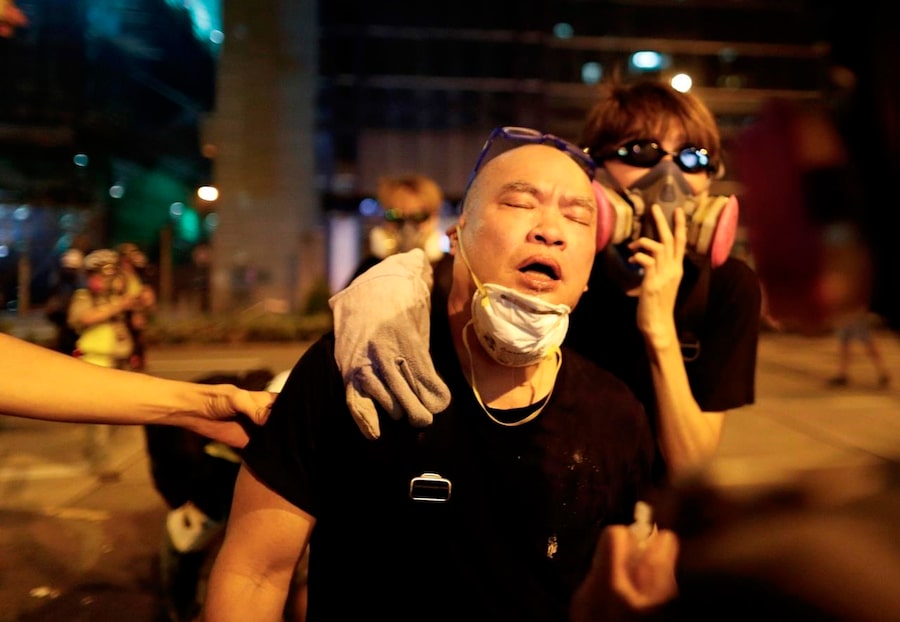
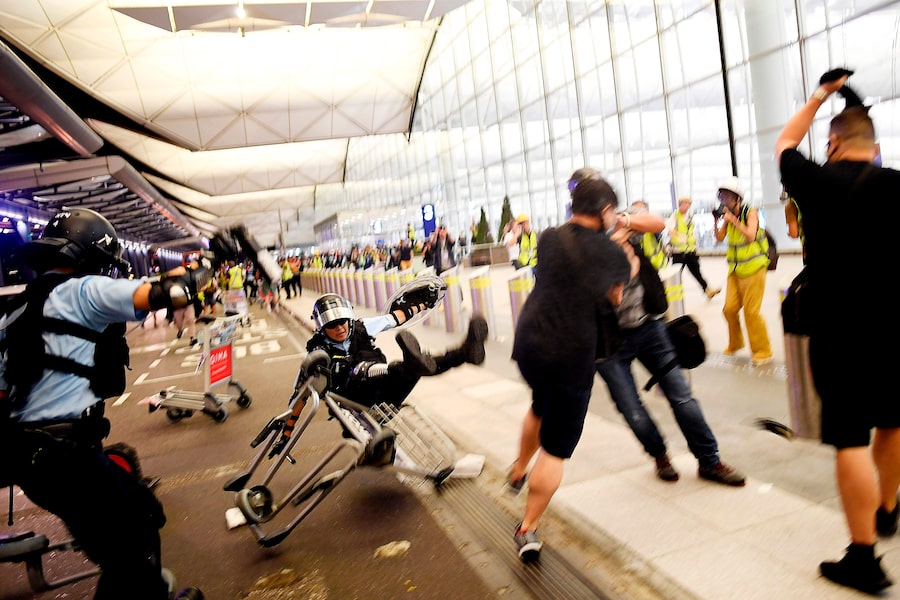
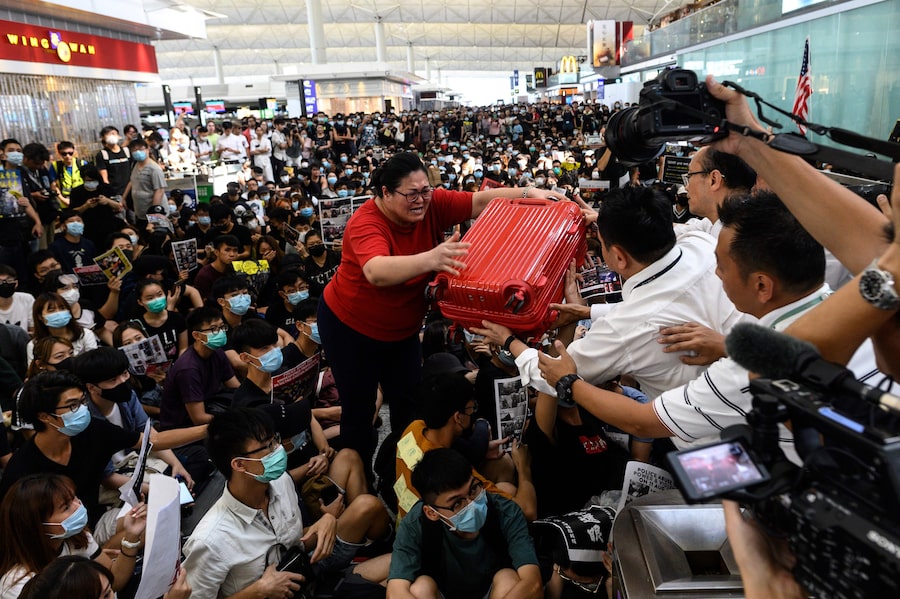
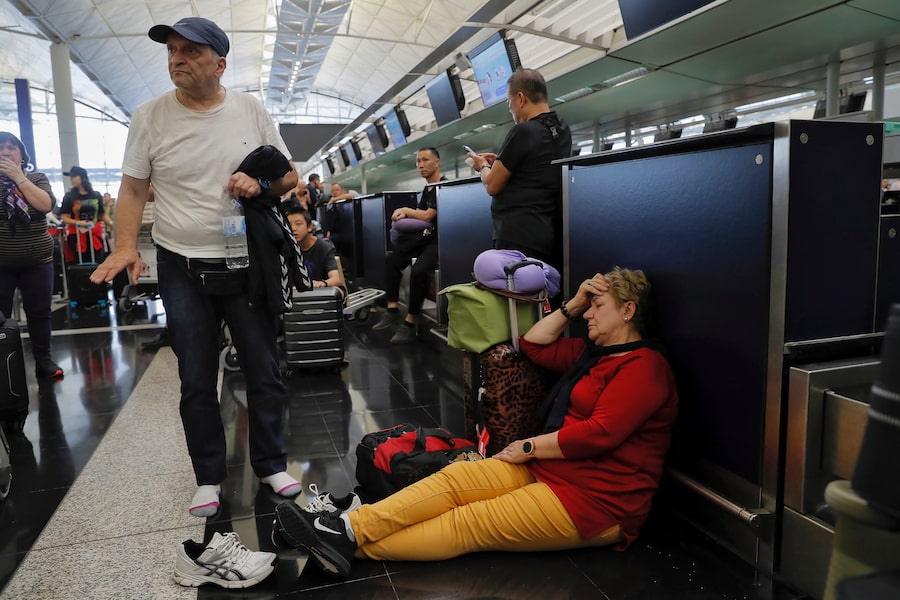
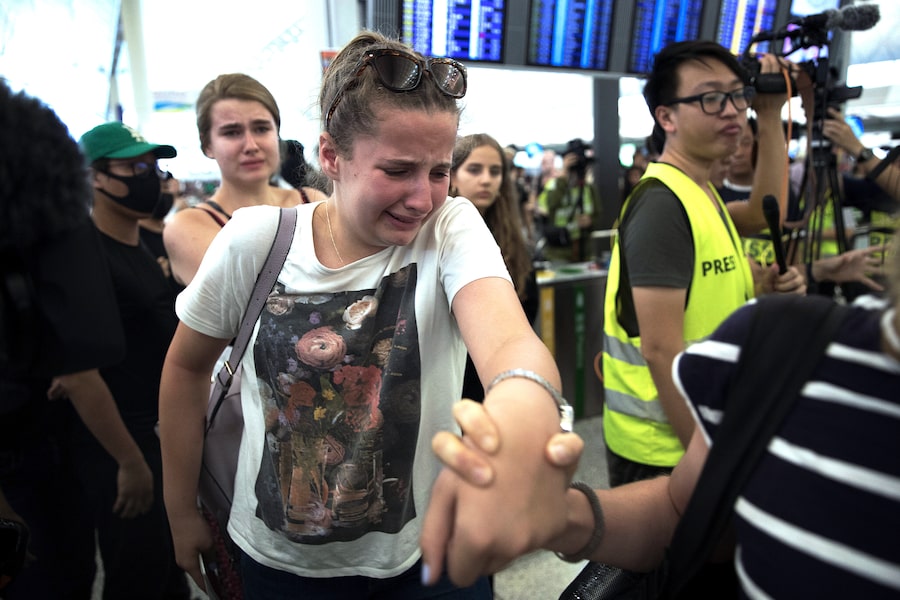
 Nathan VanderKlippe
Nathan VanderKlippe Laura Stone
Laura Stone